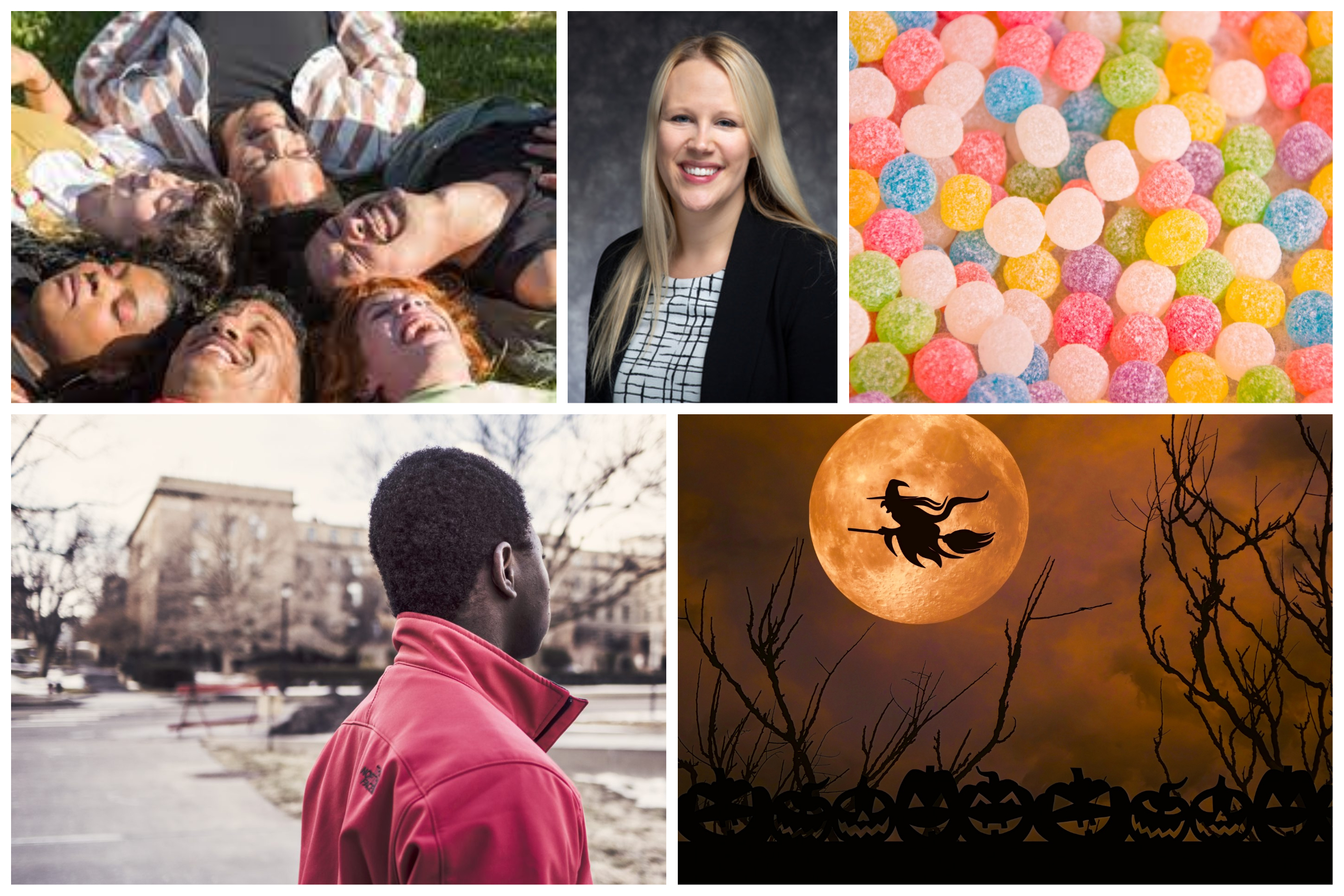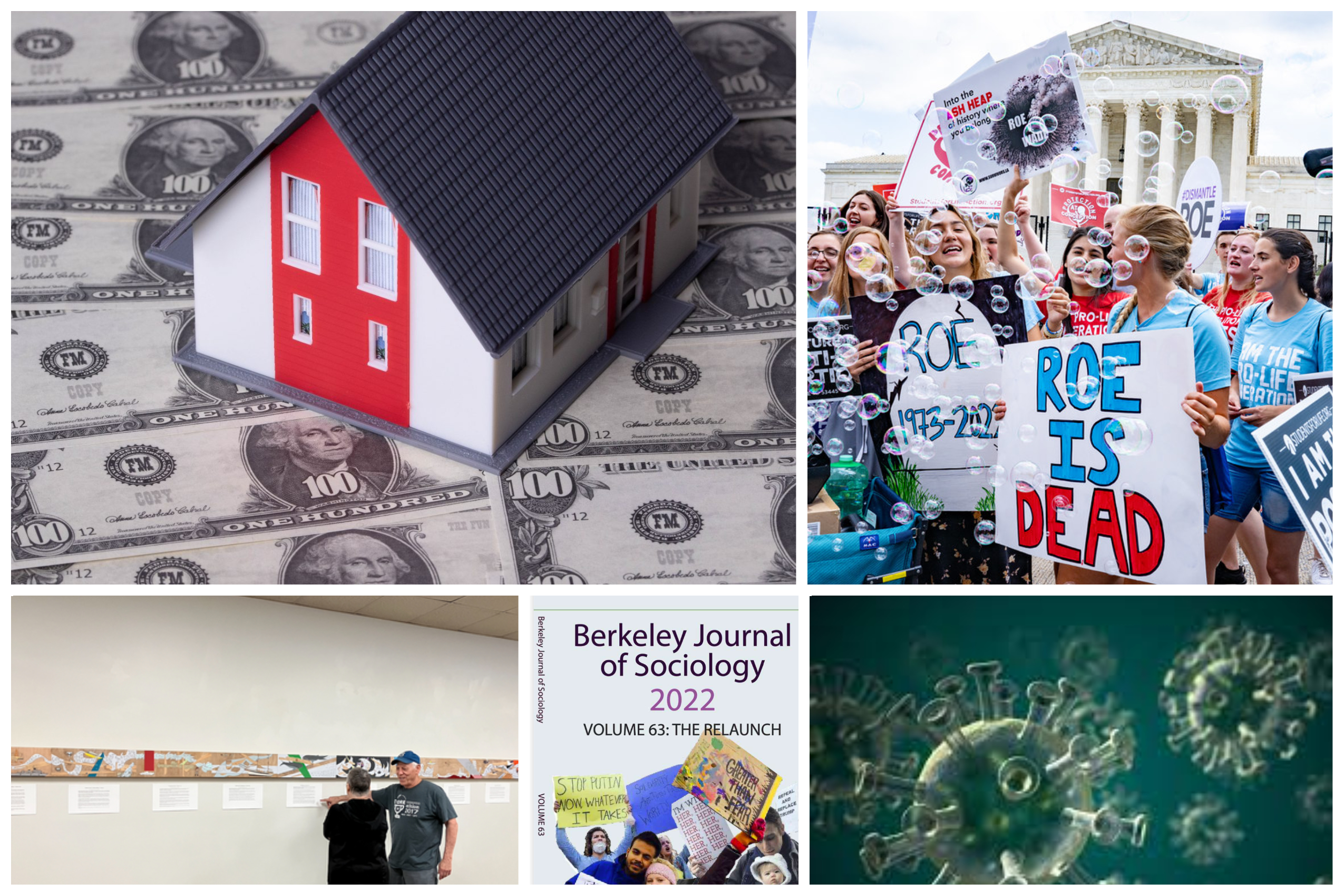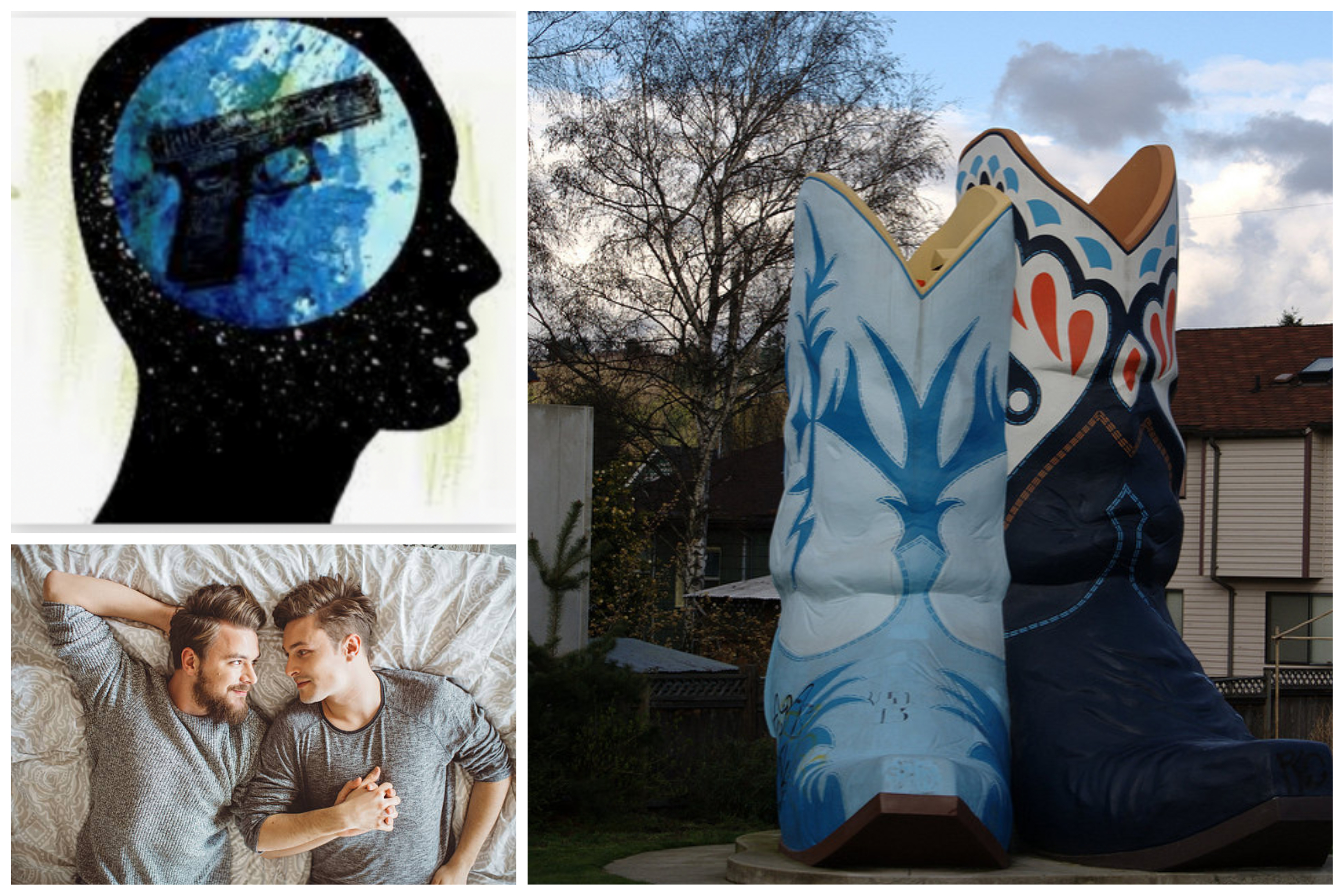
New and Noteworthy
New board member Leo LaBarre wrote up research from Dylan Jackson and colleagues showing that kids who are expelled or suspended from school experience earlier and more frequent police encounters.
Worth a Read (Sociologically Speaking)
Ahead of trick-or-treating on Monday, read this Conversation piece from sociologist Joel Best on his research of decades of media stories about hazardous and contaminated halloween candy.
Backstage with TSP
We’ve got something in the works (shhhhh!) that has us thinking about the books and articles that first got us interested in sociology. It’s fun to see the variation (from Marx to Evicted) and exciting to think about how we’d communicate what we love about these works to a public audience.
From the Archives
It’s Halloween weekend. Before you don the hat and hop on a broomstick, read this piece on how witchcraft as a religious practice empowers marginalized groups.
Alumni Spotlight
In honor of The Society Pages’ tenth anniversary in 2022 we’re highlighting the contributions and ongoing work of our superb alumni!
This week we caught up with TSP alum Hollie Nyseth Nzitatira. Here’s what she had to say about her time on the TSP board:
“The Society Pages is where I learned that social scientific writing does not need to be bad writing. That might sound a bit extreme, but after reading pages (and pages) of sociological theory written centuries ago, I thought that writing like a sociologist meant writing long paragraphs full of jargon. Thankfully, TSP changed this. As part of TSP, I learned the value of writing for broader audiences, as well as how to speak without academic terms that do not resonate with the public.
I have used this ability to translate my research on genocide into broader settings in several ways, including but not limited to the following:
- Creating policy reports for governments and nonprofits;
- Giving a TEDx talk;
- Publishing an op-ed in the New York Times;
- Speaking about my research on C-SPAN;
- Writing grants for general audiences;
- Consulting with museums as they create new wings on genocide; and
- Training high school teachers.”
Hollie Nyseth Nzitatira is an Associate Professor of Sociology at the the Ohio State University. Her research examines why and how genocide happens and how countries rebuild in the aftermath.
More From Our Partner and Community Pages
Emily Fox and Canton Winer ask: What can asexual and aromantic folks teach us about friendship? What’s the difference between sexual and romantic attraction? Where is the line between a friendship and a romantic partner? for Council on Contemporary Families’ blog
New Contexts editors Amin Ghaziani and Seth Abrutyn invite your feature story pitches!
Last Week’s Roundup
Sign Up for Inbox Delivery of the Roundup
TSP Edited Volumes
Image Attribution
Images clockwise from upper-left. 1. Image: Group of adults lying down with their heads in the center. “Group of Friends Happily Lying on a Grass Field” by Kampus Production is licensed under CC0. 2. Dr. Hollie Nyseth Nzitatira 3. Image: Pile of colorful sugar-coated candy “Candy” by mooppoert is licensed under CC0 4. Image: A witch flies in front of a full moon on a broomstick. “Witch And Full Moon” by Linnaea Mallette is licensed under CC0. 5. Image: The back of a young black person in a red jacket, they are facing a large building in the distance. Image licensed by CC0.




 Worth a Read (Sociologically Speaking)
Worth a Read (Sociologically Speaking)


